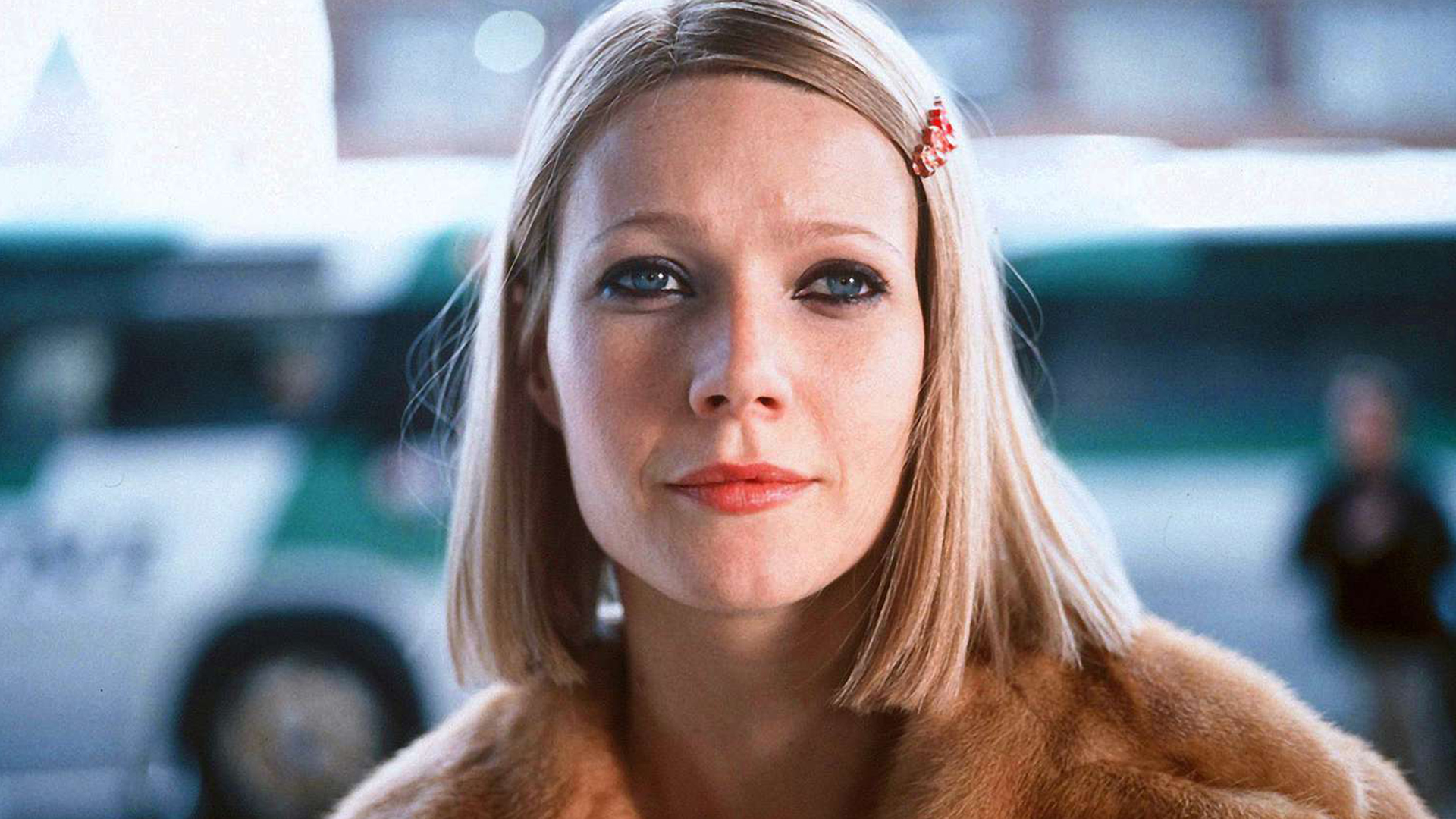Director: Vladimir Tomic
Denmark, Serbia, 2015, 70’, color
Bosnian with Turkish subtitles
In 1992 a wave of refugees from the war in Bosnia and Herzegovina reached Denmark. With existing refugee camps completely full, the Red Cross pulled a giant ship into the canals of Copenhagen. The ship, Flotel Europa, became a temporary home for a thousand people waiting for decisions on their asylum applications. Among them was a 12-year-old boy, Vladimir, who fled Sarajevo with his mother and older brother. They spent two years in limbo at Flotel Europa. Two decades later, director Vladimir Tomić takes us on a journey of growing up on this ship filled with echoes of the war — and other ordeals of an adolescent. This coming-of-age story is juxtaposed with personal VHS archive material shot by refugees who shared the “space-time vacuum” of the Flotel.
Trailer

Félix Ziem is accepted as one of the well-known artists of the romantic landscape painting, and has been followed closely by art lovers and collectors of all periods since. He had a profound influence on generations of artists after him, and was the first artist whose works were acquired by the Louvre while he was still alive.

The New Year is more than just a date change on the calendar. It often marks a turning point where the weight of past experiences is felt or the uncertainty of the future is faced. This season, Pera Film highlights films that delve into themes of hope, regret, nostalgia, and new beginnings.

Pera Museum presented a talk on Nicola Lorini’s video installation For All the Time, for All the Sad Stones, bringing together the artists Nicola Lorini, Gülşah Mursaloğlu and Ambiguous Standards Institute to focus on concepts like measuring, calculation, standardisation, time and change.
Tuesday - Saturday 10:00 - 19:00
Friday 10:00 - 22:00
Sunday 12:00 - 18:00
The museum is closed on Mondays.
On Wednesdays, the students can
visit the museum free of admission.
Full ticket: 300 TL
Discounted: 150 TL
Groups: 200 TL (minimum 10 people)